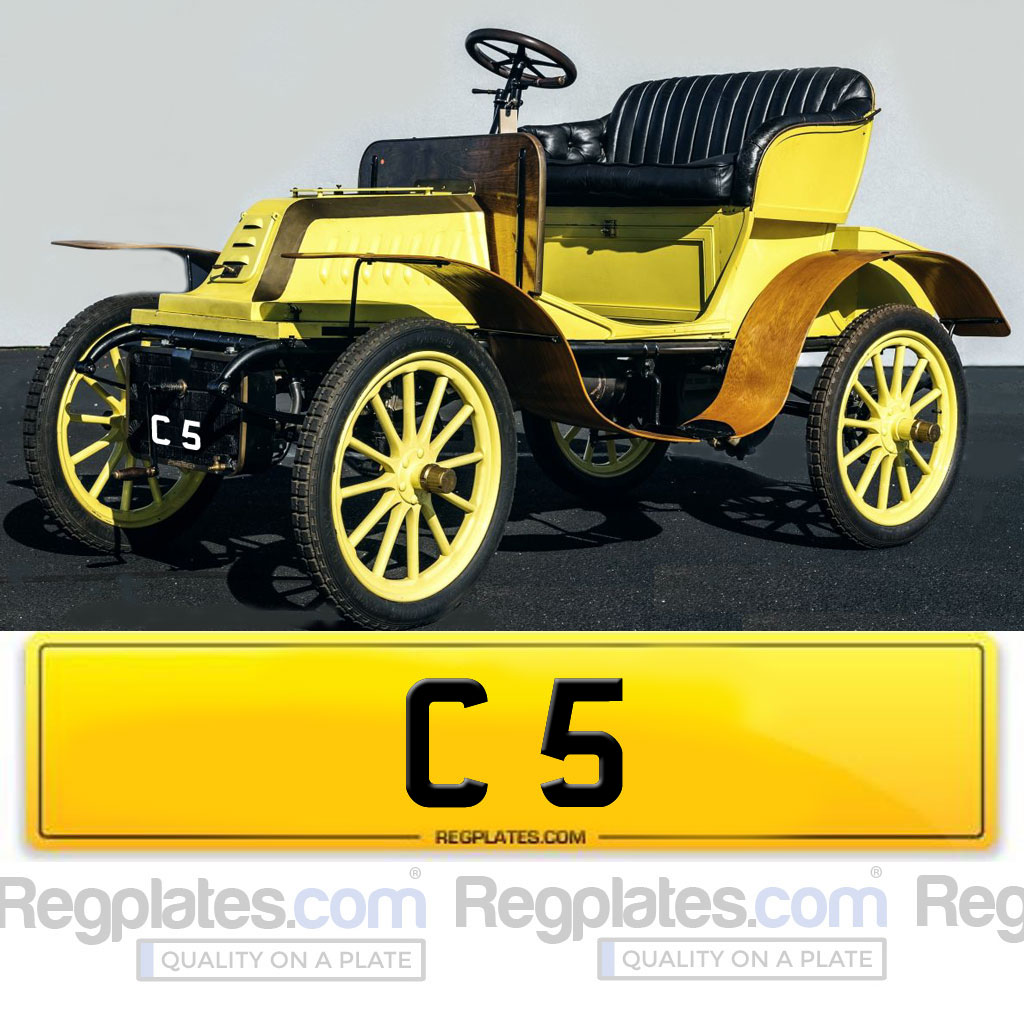
Personalised number plates have long been a symbol of individuality, prestige, and sometimes humour. From subtle initials to bold statements, they offer vehicle owners a chance to stand out. Yet, not every country embraces this form of expression. In fact, several nations have banned or heavily restricted personalised plates due to concerns over legality, safety, and social sensitivity. As the UK continues to regulate plate formats and content, the question arises: could Britain follow suit?
Global Restrictions on Personalised Plates
While many countries allow some form of customisation, others have drawn a firm line. Here’s a look at why personalised plates are banned or restricted in various regions:
1. Cultural and Political Sensitivities
- France, Spain, and Italy prohibit personalised plates entirely. These countries prioritise uniformity and avoid any potential for offensive or politically charged messages.
- Germany allows limited customisation but mandates regional identifiers and restricts combinations that could be misinterpreted. For example, plates must include district codes and follow strict formatting rules.
2. Security and Law Enforcement
- In India, high-security registration plates (HSRPs) are mandatory for new vehicles. These plates include laser-etched codes and tamper-proof locks to prevent theft and fraud.
- Japan and Singapore enforce rigid standards for plate design, size, and colour coding, leaving little room for personalisation. Uniformity aids law enforcement and traffic monitoring.
3. Avoiding Offensive or Misleading Content
- Ireland and Portugal ban personalised plates to prevent combinations that could be offensive or misleading. This includes slang, political references, or anything that could be misread in public.
4. Cost and Accessibility
- In countries like Latvia, Czechia, and Lithuania, personalised plates are legal but prohibitively expensive—often costing several times the average monthly salary. This pricing model discourages widespread adoption.
The UK’s Current Stance
The UK remains one of the most liberal countries when it comes to personalised plates, with a thriving market and regular DVLA auctions. However, this freedom comes with strict boundaries:
DVLA Regulations
- Plates must meet the BS AU 145e standard, ensuring legibility, reflectivity, and durability.
- Custom fonts, spacing, or misrepresentation of vehicle age are prohibited.
- Offensive, vulgar, or politically sensitive combinations are banned. In 2025 alone, over 3,400 combinations were rejected, including “BA25 ARD” and “AS25 HOL”.
For full details on current UK plate regulations, visit the DVLA’s official site.
Enforcement
- Illegal plates can result in fines up to £1,000, MOT failure, or confiscation without compensation.
- The DVLA uses both automated systems and manual reviews to screen new registrations, erring on the side of caution when meanings are ambiguous.
Why Might the UK Consider a Ban?
While a full ban seems very unlikely, several factors could push the UK toward tighter restrictions or partial prohibition:
1. Social and Political Climate
- As global tensions rise, plates referencing war, terrorism, or controversial ideologies have been banned. Examples include “GB25 WAR” and “EU25 UKR”.
- The DVLA aims to prevent public offence, especially in multicultural urban areas.
2. Technological Integration
- With the rise of ANPR (Automatic Number Plate Recognition) systems, uniformity improves accuracy. Highly stylised or spaced plates can hinder enforcement and surveillance.
3. Environmental and Safety Concerns
- Germany’s use of environmental badges on plates reflects a growing trend toward sustainability. The UK could follow by integrating emissions data or smart features into standardised plates.
4. Digital Plate Evolution
- As digital plates emerge globally—offering real-time updates, GPS tracking, and vehicle diagnostics—personalisation may become incompatible with these technologies. Standardisation would be essential for interoperability.
Could the UK Actually Ban Personalised Plates?
While the UK has shown no formal intent to ban personalised plates, several scenarios could lead to significant changes:
Scenario 1: Partial Ban on Certain Categories
- Plates referencing politics, religion, or sensitive social issues could be permanently excluded.
- Offensive abbreviations or double meanings may face stricter scrutiny.
Scenario 2: Tiered Licensing System
- The DVLA could introduce a licensing model where only approved individuals or businesses can apply for personalised plates, subject to background checks or usage justification.
Scenario 3: Digital Transition
- If the UK adopts digital plates, personalisation may be limited to digital avatars or app-based identifiers, rather than physical plate changes.
Scenario 4: Public Consultation and Reform
- A surge in complaints or media coverage could prompt a government review. Public sentiment plays a key role in shaping DVLA policy.
Industry Perspective
The number plate industry provides a huge revenue stream for the government through the sale of personalised plates so they will likely continue for many years to come!
For a wide selection of legal, DVLA-approved personalised plates, visit Regplates.com—a trusted source for private registrations and expert guidance.
The Future
Personalised plates remain a cherished part of UK motoring culture, blending creativity with identity. However, as global trends shift toward uniformity, security, and digital integration, the UK may face pressure to tighten its rules. A full ban is improbable, but incremental restrictions—especially on content and format—are already underway.
For enthusiasts and businesses like Regplates.com, staying ahead of these changes is crucial. By promoting compliant, tasteful designs and educating customers on DVLA standards, the industry can preserve the joy of personalisation while respecting the evolving landscape.

Jon Cherry is a Director of leading personalised number plate dealer Regplates.com. Jon has over 25 years industry experience handling some of the most expensive plates ever sold with many high profile and celebrity clients. Active since 1991 in the number plate industry, Jon is currently Chairman of the Cherished Numbers Guild, a trade body representing number plate dealers in the UK. Jon has written many articles on the industry and insight into the future of numberplates and the market as a whole.




